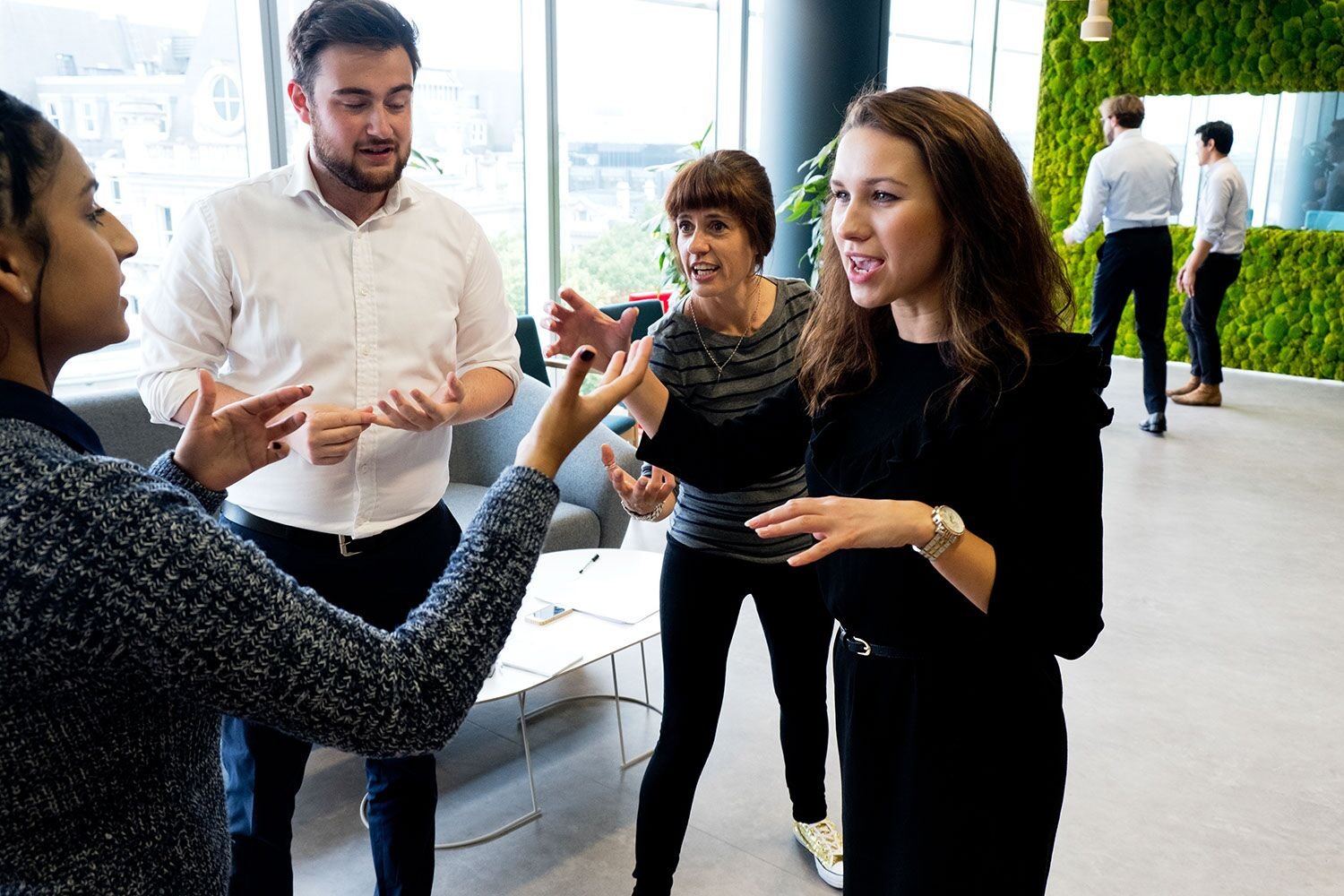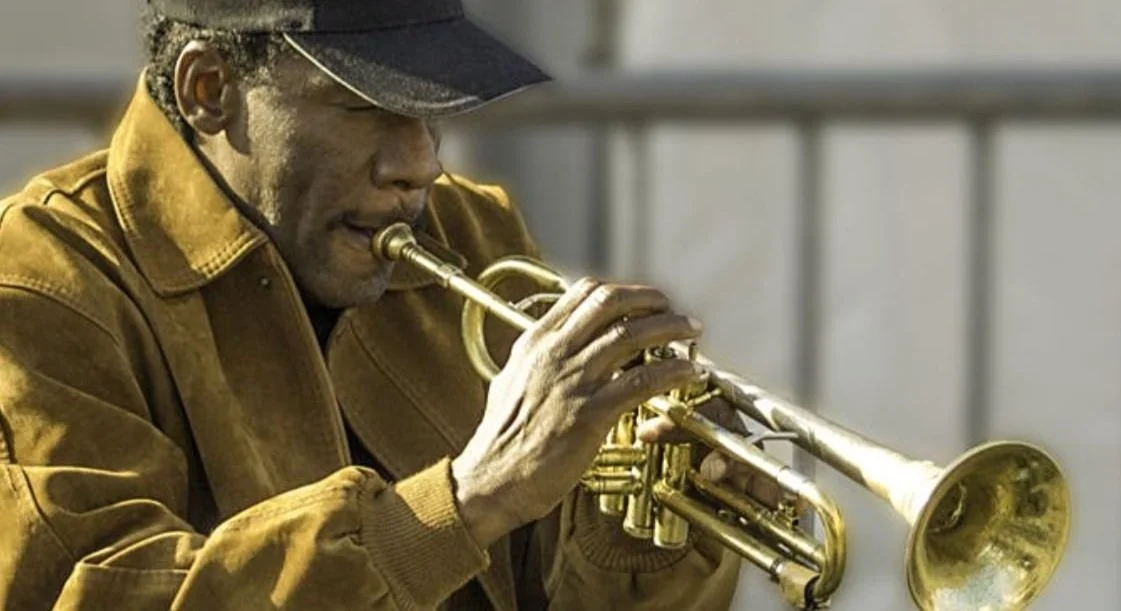
The Science
The Brain: Censorship Deactivation
“During improv, the brain deactivates the area involved in self-censoring, while cranking up the region linked with self-expression. Essentially, improvisation shuts down inhibitions and lets an inner voice shine through.”
In 2008, Charles Limb and Allen Braun took six highly skilled jazz musicians, put them in a brain scanner and invited them to first perform a memorised piece of music; then to improvise some music. They discovered in the improvisational part of the trial that the brain specifically shut down its central processors that mediate self-monitoring and conscious volitional control.
This dissociation in your frontal lobe, where one area turns on and a big area shuts off so that you’re not inhibited, is essential to creative output.
“To be creative, you have to have this combination where you’re willing to make mistakes,” says Limb, “so that you’re not constantly shutting down these new generative impulses.”
Limb is currently conducting equivalent research on improv comedy performers.
The Brain: Unfiltered Creativity
“A lot of what’s happening in the brain is happening outside our awareness. I’m particularly interested in improvisation; when people are being spontaneously creative. It allows the ‘filter’ to come off so that novel associations are okay.”
Based on her own experiments with rappers Berlin explains: “When medial prefrontal cortex activation is turned up, it encourages the internal generation of ideas – and when lateral PFC brain areas are simultaneously turned down, this allows novel thoughts and behaviours to emerge uninhibited, leading to divergent thinking and unfiltered creativity. In other words, the inner critic must be shut down and the inner artist turned up.”
Dr Berlin explores the co-involvement of the default mode network (DMN) which is active when the focus of your attention is internal and something akin to a dream-state. Humans that are improvising, however, want to make sense to those around them and need to create something appealing to others. It’s more than daydreaming; it has to ‘land’ with the ‘audience’. This requires toggling between the DMN and the brain’s executive network, the area which looks outward and gauges reaction.
Improv is more than simply ‘playing around’ or ‘making it up as you go along’: it’s an intricate interweaving of internal creativity, external offering and behavioural adjustment to get best results in the moment.
“Audience feedback is part of the real world, whether it’s comedy improv or theatre improv, and we want to see how that feedback affects creativity.”
Berlin sums up: “Improvisation is a highly complex form of creative behaviour that justly inspires our awe and admiration. The ability to improvise requires cognitive flexibility, divergent thinking and discipline-specific skills, and it improves with training.”
The Neuroscience of Genius, Creativity, and Improvisation
with Heather Berlin



